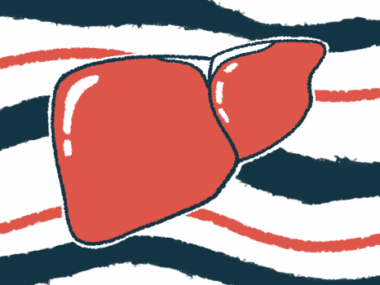Phase 2 study of LB-P8 for PSC nets FDA clearance
Therapy is made of a strain of bacteria in kimchi
Written by |

LISCure Biosciences will launch a Phase 2 trial in the United States to evaluate the safety and effectiveness of LB-P8, its live bacterium candidate for primary sclerosing cholangitis (PSC), following the clearance of an investigational new drug (IND) application by the U.S. Food and Drug Administration (FDA).
LB-P8 is an investigational live biotherapeutic product made of a single bacterial strain, called Leuconostoc citreum, one of the most prevalent bacteria when making kimchi, a popular Korean food. The decision by the FDA represents the first time the agency cleared a live biotherapeutic product as a potential therapy for PSC, according to LISCure.
Treatment will start in the coming months and topline results are expected next year.
“We are thrilled to obtain IND clearance to investigate LB-P8 for patients with PSC and are excited about the prospects of what this new class of medicines may mean for patients in need,” Hwasup Chin, CEO of LISCure, said in a company press release.
PSC is a rare liver disease wherein inflammation and fibrosis (scarring) occur in the bile ducts, the network that carries the digestive fluid bile from the liver to the intestines. This can lead to cholestasis, or impaired bile flow, and liver damage. Currently, no treatments are approved for PSC.
Role of bile acids in PSC
The natural connection between the liver and the gut, known as the “liver-gut axis,” is implicated in PSC, which is associated with inflammatory bowel disease. Both PSC and inflammatory bowel disease are immune-mediated conditions. Designed using LISCure’s microbiology-based technology, LB-P8 seeks to modulate bile acids and lower inflammation and fibrosis.
Preclinical data showed administering LB-P8 orally for four weeks after the onset of disease eased inflammation and scarring in two mouse models of PSC.
According to LISCure, LB-P8 also was safe and well tolerated in a Phase 1 study (NCT05053165) in healthy participants.
“LB-P8 is receiving considerable attention from patient advocacy, physicians, companies, and other stakeholders. To meet their expectations, we will expedite development and offer new treatment opportunities to patients expeditiously,” Chin said.
In 2022, the FDA granted LB-P8 orphan drug status, a designation that’s designed to encourage therapies for rare diseases with high unmet medical needs through benefits such as seven years of market exclusivity if the drug is ultimately approved and exemption from FDA fees.



